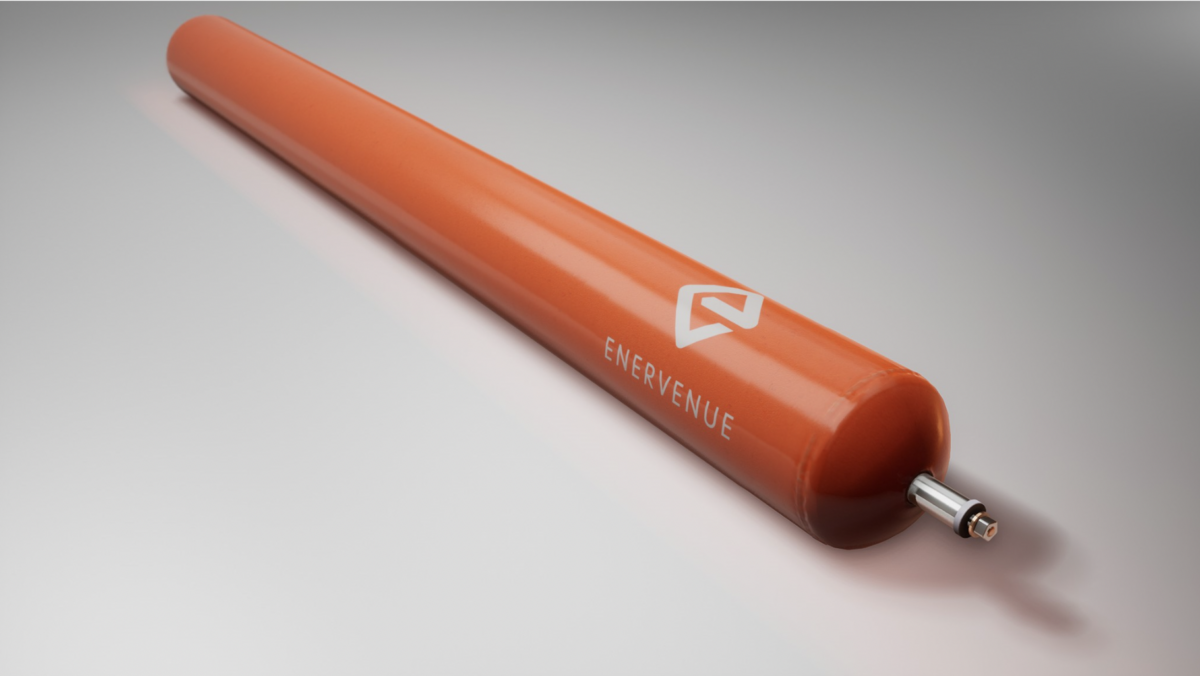Avid signs supply deal for nickel-hydrogen storage solutions in Australia
Source:pv-magazine
Australia’s Avid Group has signed a master supply agreement with Enervenue, a US-based company that manufactures nickel-hydrogen batteries offering more than 30,000 duty cycles at discharge rates of two to 12 hours.

Image: EnerVenue
From pv magazine Australia
Electrical engineering specialist Avid Group has signed an agreement to provide Enervenue’s long-duration nickel-hydrogen energy storage “vessels” to its Australian customers. Enervenue claims these vessels offer clear advantages over lithium-ion alternatives for grid-scale, commercial, and industrial applications.
Enervenue said its vessels – essentially the cells of the energy storage system – can withstand 30,000 duty cycles and can handle long-duration use cases, as well as high-power, shorter-duration applications. The company said the battery’s efficiency ranges from 80% to 90%, depending on the cycle rate, and the energy density of its nickel-hydrogen technology is equal to or better than lithium-ion batteries.
Enervenue said its battery technology can operate at temperatures between -40 C and 60 C and is backed by a 20-year, 20,000-cycle warranty that guarantees at least 88% battery capacity remaining after that period.
Avid Chief Operating Officer Jake van Rensburg said the Perth-based company plans to install Enervenue’s energy storage vessels at its manufacturing facility and make the technology available to customers for use in commercial and industrial, mining, and microgrid applications across Australia.
“The installation of energy storage vessels at our own manufacturing site promises to significantly reduce our peak-time energy costs, while showcasing the technology’s operational excellence,” he said. “Once that installation is complete, the site will serve as a reference for our partners to see, firsthand, the wide-ranging benefits of this advanced energy storage solution and the opportunities available for their own applications.”
Enervenue Chief Revenue Officer Randall Selesky said the company’s nickel-hydrogen battery technology is especially well suited for Avid’s customers, many of which operate in edge-of-grid or off-grid locations.
Selesky said the energy storage vessels are also ultra-low maintenance, with the near-set-and-forget resilience of its technology delivering a lower levelised cost of storage than lithium-ion chemistries. He also noted that the nickel-hydrogen technology does not have the thermal runaway risk of lithium-ion batteries.
“Avid customers with remote commercial, industrial, mining, and microgrid use cases will realise especially transformative benefits due to the resiliency and reduced operational expenses our technology offers,” said Selesky.

